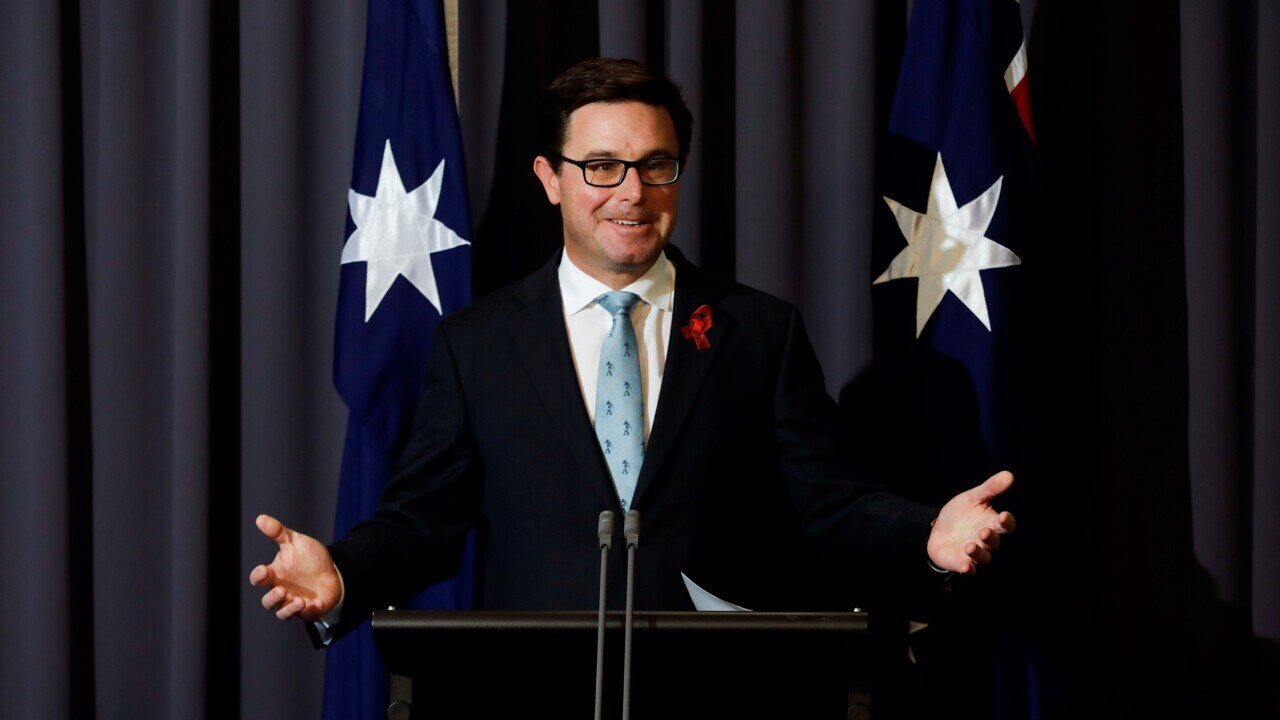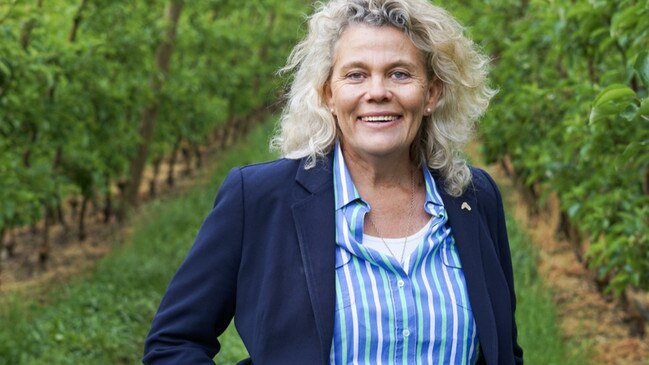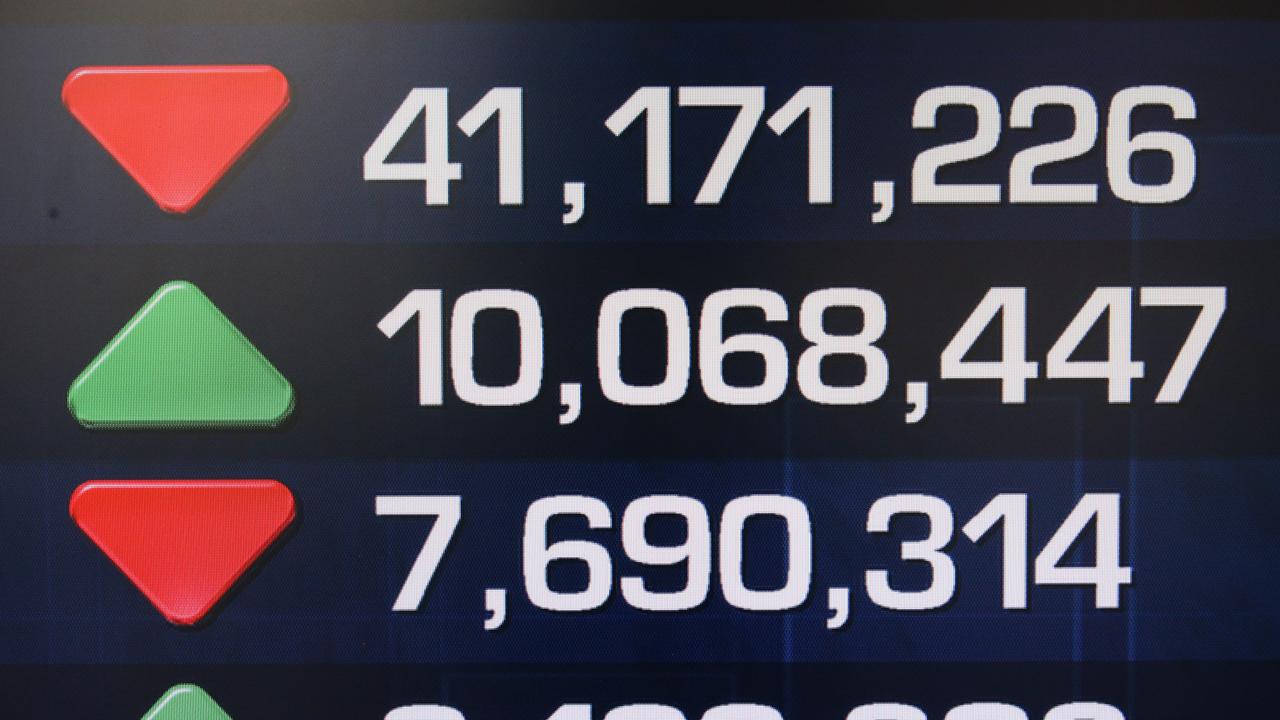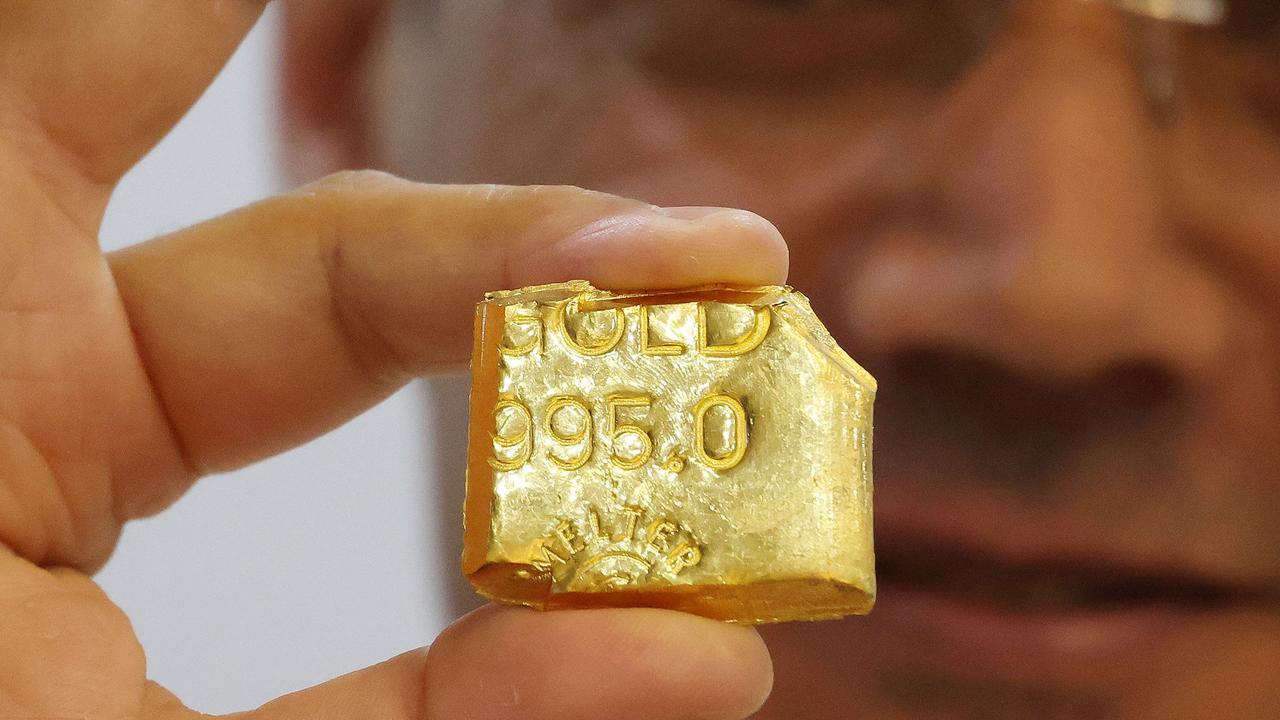‘Devastating’ disease forcing travellers to leave their thongs in Bali
This highly contagious livestock disease has spread to Bali and the official advice for travellers returning back to Australia: ditch the thongs.

Business
Don't miss out on the headlines from Business. Followed categories will be added to My News.
Bali lovers have been warned – your dirty thongs could be the downfall of our livestock industry.
After the “devastating” Foot and Mouth Disease (FMD) was detected at Australia’s favourite tourist destination, all travellers returning from Indonesia will undergo special biosecurity screenings for the disease.
While FMD is harmless to humans, the disease – which can be found in contaminated soil – is considered the biggest biosecurity risk to Australia’s livestock industry.
Causing painful blisters and lesions in animals like cattle, sheep, pigs, goats and camels – the disease often prevents them from eating, can cause severe lameness and even death.

And because the disease is highly contagious, National Farmers’ Federation (NFF) President Fiona Simson said if it were to spread in Australia, the consequences would cost billions dollars.
“The news that FMD has reached Bali has sent a shiver up the spine of Australian farmers,” Ms Simson said.
“An incursion of FMD alone would cost Australia up to $80 billion – hurting the entire economy, not just the farm sector.”
And with Australia exporting almost two-thirds of what the agricultural industry produces, the disease not only threatens Australian export revenue, but the industry’s ability to meet local demand.
The potential threat also arises as Australia continues to grapple with the economic impacts of the pandemic, Ukraine war and local flooding which has seen inflation and interest rates rise – impacting the cost and availability of grocery items like meat and poultry.
“Our ability to produce food and fibre for Australians and the world would take a major blow, which is why biosecurity is important to every single person,” Ms Simson said.
There is currently no traces of FMD in Australia and the last recorded outbreak occurred 150 years ago.

However, as travellers head to Bali for the first time in three years, the Federal Government has announced extra biosecurity measures for any travellers returning to Australia from Indonesia, including Bali.
“Australia has strict biosecurity protocols in place to prevent high risk materials, such as contaminated equipment or clothing, animals and animal products, being brought in by travellers who may have been exposed to diseased animals,” the Department of Agriculture said in a statement.
“Australia has strict biosecurity protocols in place to prevent high risk materials, such as contaminated equipment or clothing, animals and animal products, being brought in by travellers who may have been exposed to diseased animals.
Anyone returning to Australia after visiting a farm or interacting with livestock abroad should declare this upon their return, so steps can be taken to remove the risk of transmission through contaminated clothing or dirty shoes.”
Airports have already begun to check luggage for meat and cheese products and are warning tourists that their dirty shoes may be contaminated.

However, airports will soon be expected to enforce “footbaths”, requiring travellers to step into containers filled with chemicals in order to kill any traces of the disease.
But with most Bali travellers opting to wear thongs on their trip, Chief Veterinary Officer Mark Schipp has advised travellers to abandon their thongs before returning to Australia.
The new biosecurity measure is a welcome sign for farmers across Australia, said Ms Simson.
“Ever since FMD was detected in Bali our industry has been on edge given the growing volumes of traffic between our countries,” she said.
“We are pleased Minister Watt is listening and taking this matter seriously, and acting appropriately to protect Australian shores from this potentially devastating disease.
However, Ms Simson said the government should continue to review these settings as the situation evolves.
“We now need the Government to continually review whether these measures go far enough, and consider the appropriateness of screening all incoming arrivals from high risk areas,” she added.
“This is our shared responsibility, across industry, government and the community to implement barriers and know what we can do as individuals to prevent an incursion.”
More Coverage
Originally published as ‘Devastating’ disease forcing travellers to leave their thongs in Bali




